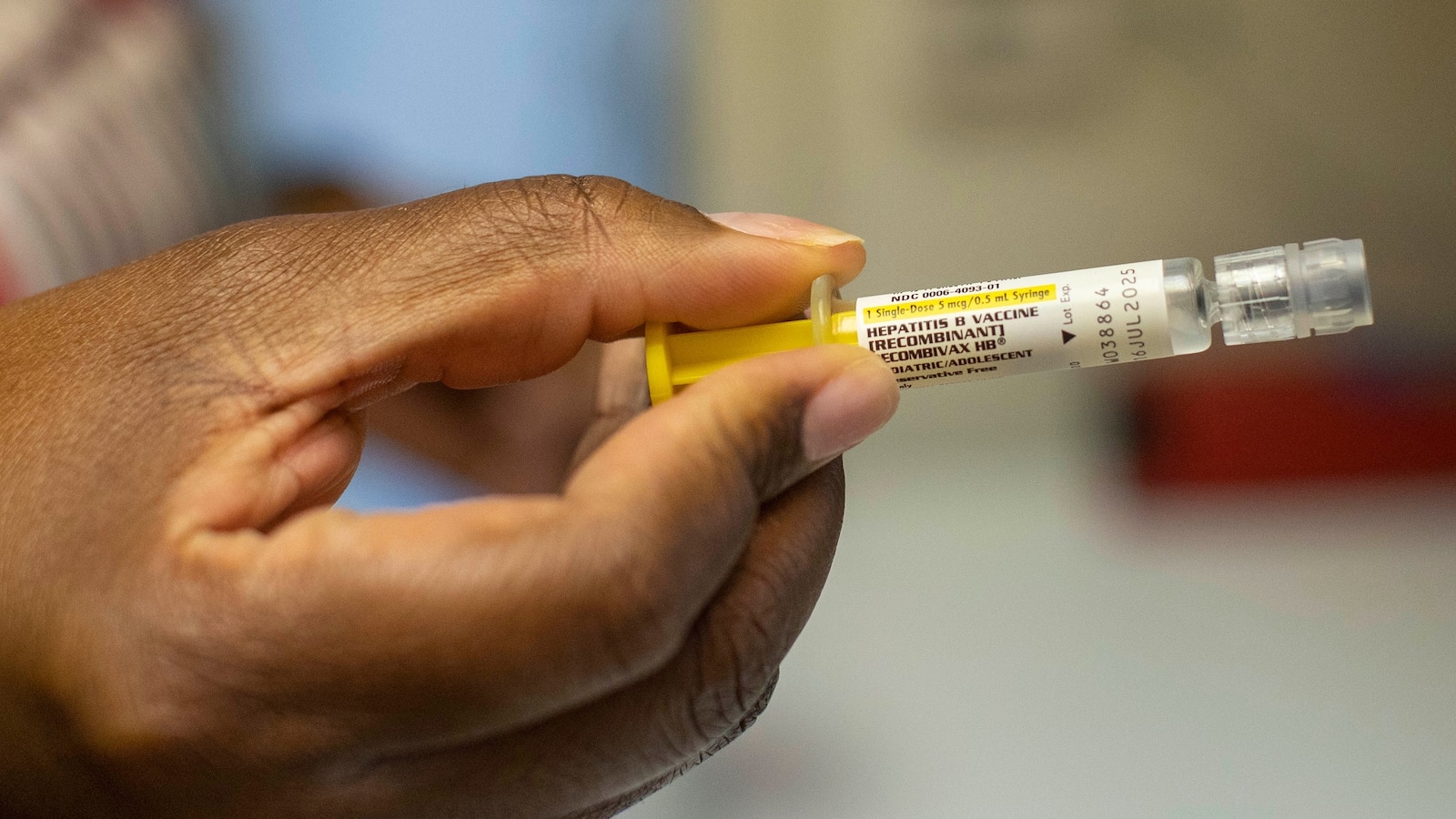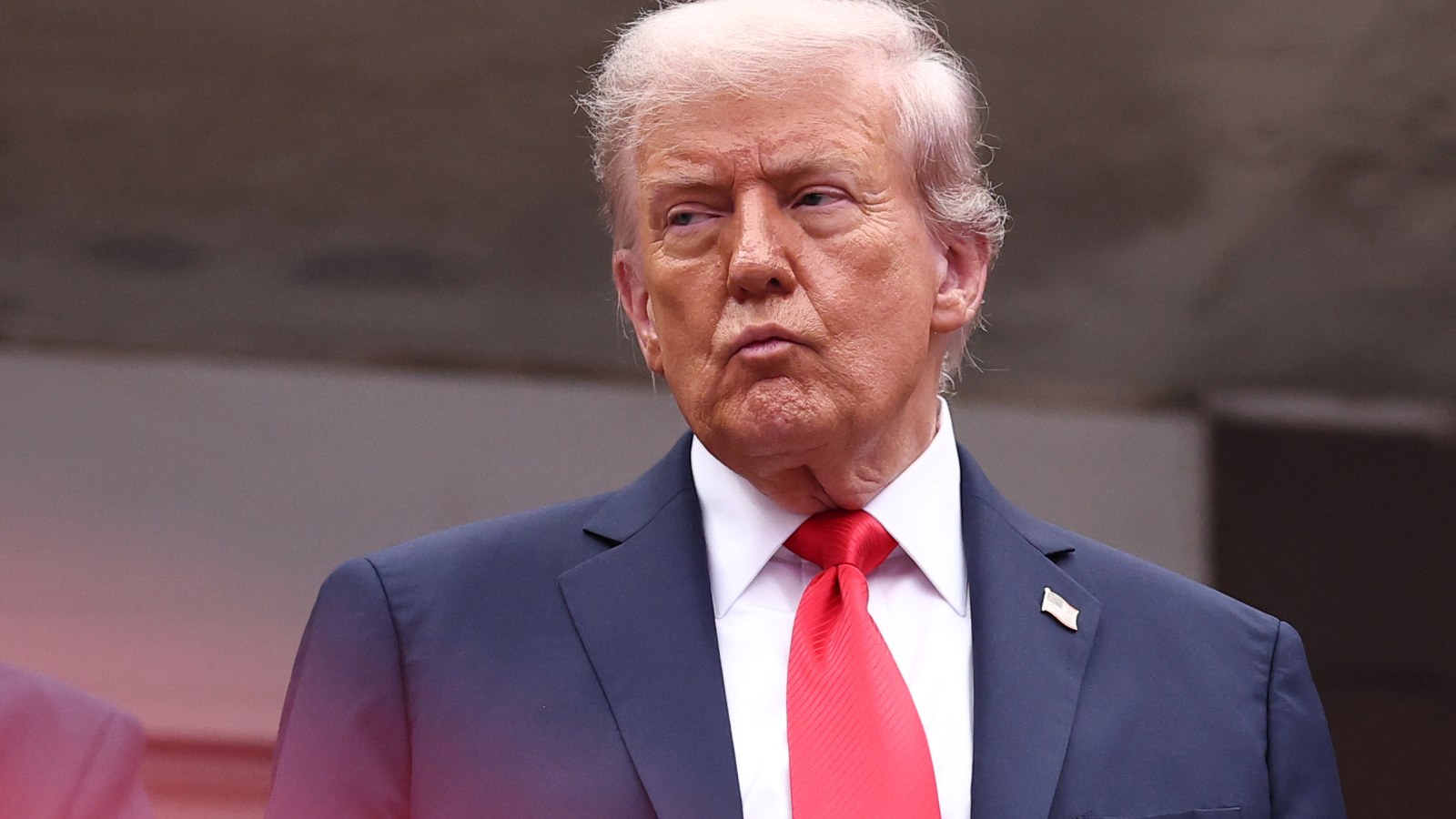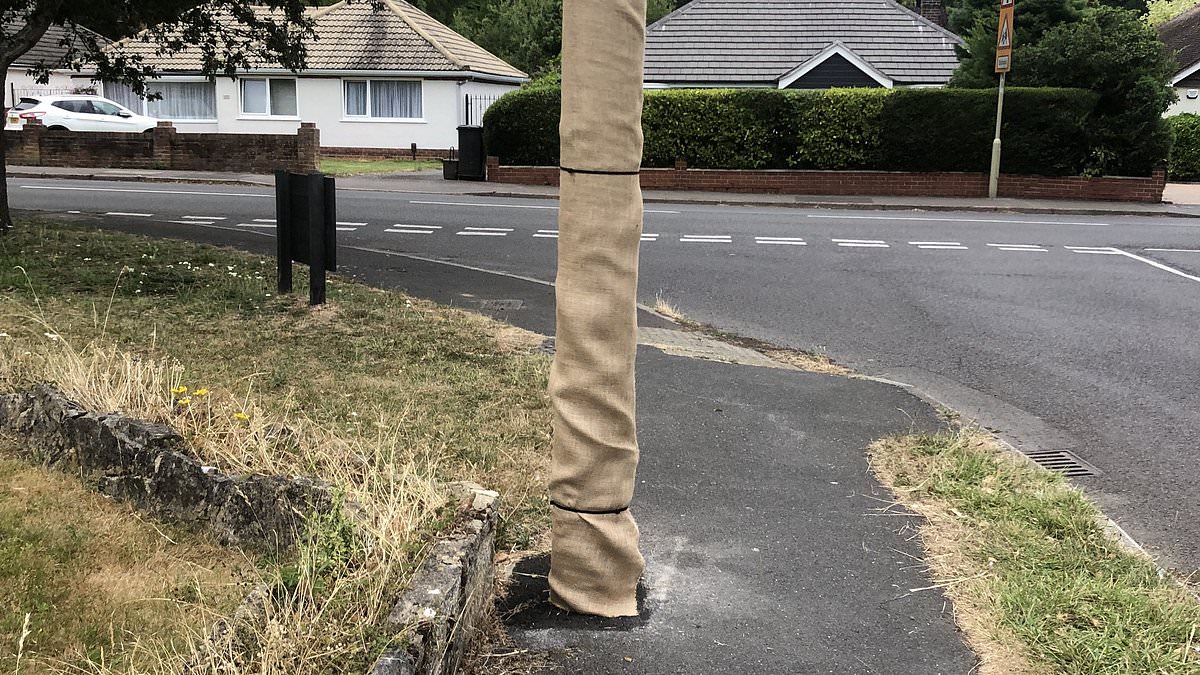By Sony Salzman,Will McDuffie
Copyright go

An influential group of advisers for the Centers for Disease Control and Prevention voted Thursday to narrow existing recommendations for the combined MMRV shot that protects against measles, mumps, rubella and chickenpox.
The CDC vaccine advisory committee, called ACIP, voted 8-3 to narrow the recommendations. One person abstained from voting due to a conflict of interest.
Another vote on dropping a longstanding recommendation to give all newborns a hepatitis B vaccination at birth was delayed until Friday.
Regarding the MMRV vaccine, the advisers’ vote means the combined shot, which contains measles, mumps, rubella and varicella (chickenpox) all in one shot, will no longer be recommended for younger kids getting their first dose around 12 months old.
Instead, the committee recommended these kids should get two separate shots, one combining measles/mumps/rubella, and a second shot for chickenpox. The combo shot will continue to be recommended as an option for a child’s second dose, which is given between ages 4-6.
The vote on the MMRV vaccine changes needs sign-off from the acting CDC director or the Health and Human Services secretary.
However, even with that vote, the panel members seemed reluctant to do anything that could potentially restrict access for the roughly 50% of American children covered through the federally funded Vaccines For Children (VFC) program, voting against any changes.
But the HHS says they still need to consider the outcome of the non-binding advisers’ vote, saying in a statement: “HHS will examine all insurance coverage implications following today’s ACIP recommendation, prior to a final decision on adoption by the Acting Director. A recommendation from ACIP becomes part of the CDC immunization schedule if it is adopted by the CDC director.”
In simple terms, if the CDC accepts the group’s recommendations, parents of kids who receive VFC vaccines, can still choose to give their kids a combination shot of MMRV for their first dose if they don’t want to separate shots and both options will be cost-free, but others are only recommended to get a separate MMR shot and chicken pox shot if they are less than 4 years old for their first dose.
During the discussion ahead of the vote, some committee members said they were concerned the proposed changes could take away parents’ choices — especially regarding the combined MMRV vaccine.
Currently, based on the previous recommendation, all parents have a choice of giving their children less than 4 years old measles, mumps, rubella and chickenpox all as one shot, or they can opt to separate the doses, giving measles, mumps and rubella as one shot, and chickenpox as a separate dose at the same time. Some studies have suggested a slightly elevated — but overall very rare — risk of seizures when all four are given as a combo shot to kids 12 to 15 months old.
But many parents and clinics may still prefer a single shot. Children also get a second dose of MMRV after the age of 4.
The committee was not considering eliminating or recommending against either the MMRV or hepatitis B vaccines completely. But the changes that have been proposed could result in major disruptions and more illness, experts warned.
Experts say these changes could also cause confusion, more doctors’ appointments and more individual shots for children, which could potentially lead to missed cases or more infections. It could also complicate vaccine supply and manufacturing logistics.
“The disadvantage of giving two doses, or as was suggested, separating the two doses, is that we know compliance falls, and the advantage of combination vaccines is that children and adults are more likely to complete the vaccine requirements if it’s given as a single dose,” said ACIP member Dr. Cody Meissner.
On Wednesday, Republican Sen. Bill Cassidy, a liver doctor, told reporters that Americans should not have confidence in this committee’s decisions if they make certain changes to the current vaccination schedule.
“I can promise you there will be some hepatitis B transmission,” Cassidy told reporters when asked what would happen if the committee makes changes to that existing recommendation.
This week’s meeting is the committee’s second since Health and Human Services Secretary Robert F. Kennedy Jr. dismissed all 17 of its members in June. Of the 12 advisers who have since been appointed, many have previously expressed vaccine-skeptical views.
Most major insurance providers have said they will continue covering existing vaccines at least through 2026. But many worry about access and the impact of any changes that could negatively impact the more than half of American children who receive no-cost shots funded through a federal program, which is tied to the CDC committee recommendations.



